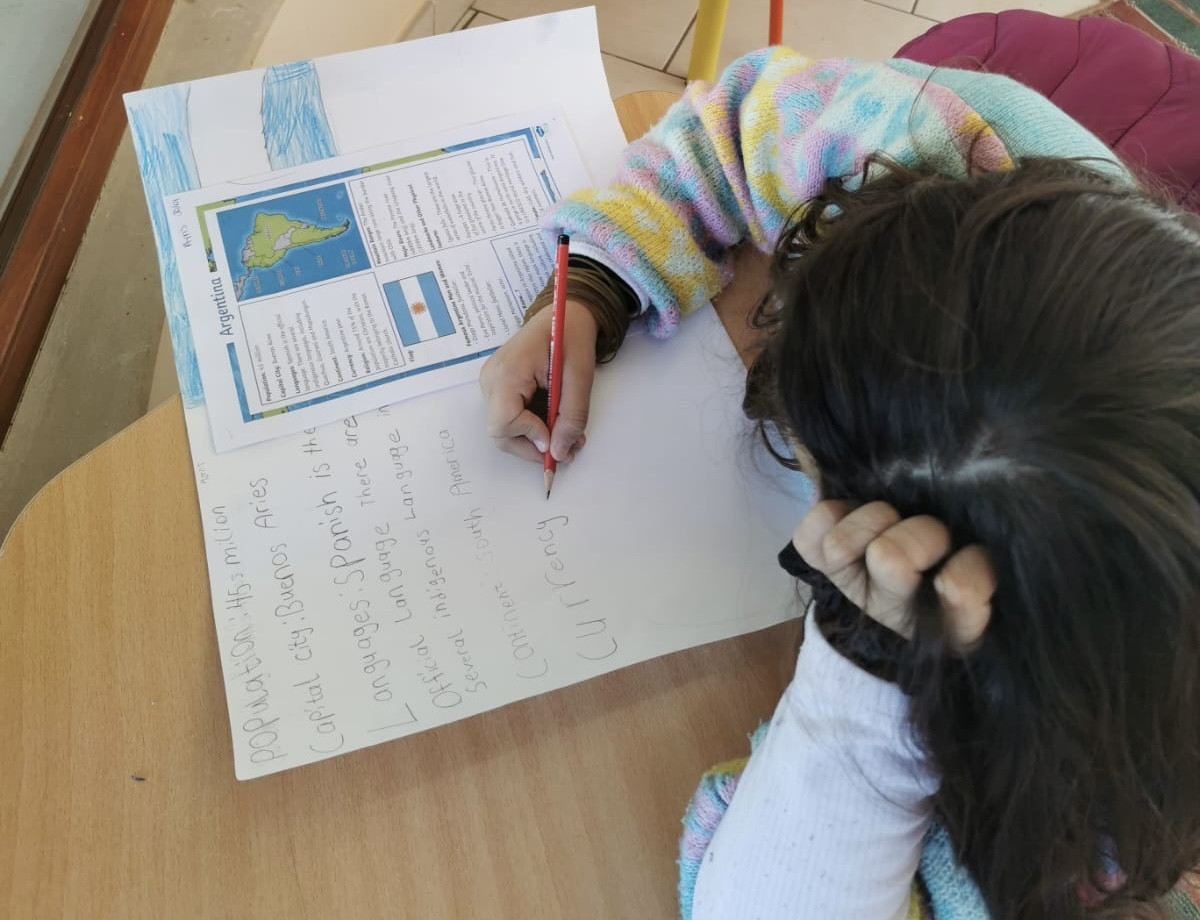No mandatory Homework
Our philosophy


School work should be completed during school hours
In Montessori education, the approach to homework diverges from conventional practices. Maria Montessori, the visionary behind this method, emphasized a holistic view of learning, one that extends beyond the classroom walls. Central to her philosophy is the belief that children should be active participants in their education, driven by curiosity and a natural love for learning.
Unlike traditional schooling, where homework often extends the academic day into the evening hours, Montessori educators prioritize creating rich and stimulating environments within the school setting. Here, children are encouraged to explore and engage with materials at their own pace, fostering independence and a sense of ownership over their learning journey.
While Montessori education values the role of the home environment in supporting a child's educational growth, formal homework assignments are not a primary focus. Instead, parents are encouraged to cultivate a nurturing environment that complements the child's experiences at school. This may involve providing access to books, materials, and activities that align with the child's interests, fostering a seamless connection between school and home learning.
By embracing this approach, Montessori education empowers children to become active learners, instilling a lifelong love for discovery and exploration. Homework becomes less about completing tasks and more about fostering a supportive environment where learning is a natural and joyful part of daily life.
There is no scientific evidence that homework has any positive effects on learning
Many parents, having endured significant homework burdens during their own schooling, often mistakenly believe that homework is indispensable for learning, assuming it fosters deeper understanding. However, this belief lacks substantial evidence. While those responsible for designing curricula may perceive homework as beneficial, often teachers are not the ones advocating for it. Moreover, research fails to demonstrate any significant advantages of homework for elementary students. In fact, there isn't even a positive correlation between homework and academic achievement. Thus, from a scientific perspective, assigning homework to elementary students is, at best, futile and, at worst, potentially detrimental.


Mandatory homework increases stress levels for young children and their parents
Mandatory homework seems to be among the first reasons of conflict between parents and their children. The assumption and expectation behind homework at least during the elementary years is that parents will help the child complete the homework. This often means that the parent(s) has to teach, explain, deliver the actual lesson, and/or that the parent has to supervise the completion of the homework. This results in the well-known homework battles; battles over something that actually has no positive effect.
Children need rest after school
What truly benefits children is rest and relaxation, yet this precious time is often compromised by the demands of homework. Just like adults, children's minds require breaks to recharge and rejuvenate. Consider your own experiences after a long day of work. While many of us may find ourselves toiling late into the night, we are well aware of the negative impact this has on our productivity and well-being in the long run.
Homework eats into the time children have to refresh their minds, cultivate original thoughts, bond with family and friends, and engage in activities they love within the home environment. It's essential to recognize the importance of providing children with adequate time for rest and leisure, as this not only supports their overall well-being but also nurtures their creativity and social connections.
Instead of homework:
Parents often argue that homework helps them stay connected with their children's learning. However, given the significant drawbacks of homework, this argument holds little weight. There are numerous alternative methods for parents to remain engaged in their child's education and overall life. One such approach involves spending quality time with their children at home, engaging in meaningful dialogue and play to understand what they are learning and how they feel about it.
In authentic Montessori elementary environments, where non-mandatory homework is a respected practice, families are encouraged to participate in "practical life at home" activities. These activities, such as setting the table together, gardening, reading and retelling stories, and exploring the seasons, offer valuable opportunities for parents to actively engage in their children's lives. By participating in these activities, parents can make a tangible difference in their children's lives while fostering a strong connection between home and school.
